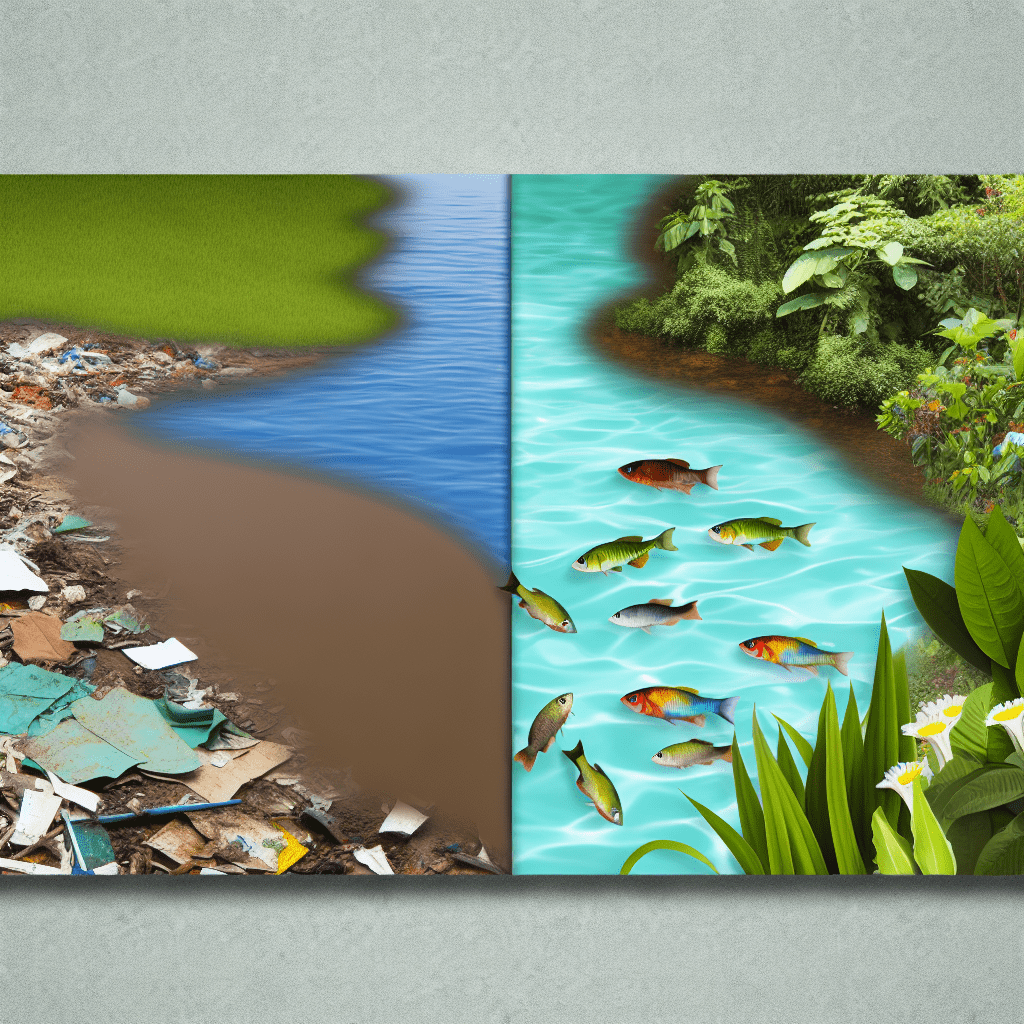”
Brazil, with its vast Amazon River system and biodiverse wetlands, faces notable challenges surrounding water quality. This article delves into these issues, their causes, and explores potential solutions to secure a future of clean, safe water.
Brazil’s water quality concerns primarily stem from industrial pollution, inadequate sewage treatment, deforestation, and the compounding effects of climate change.
Common pollutants in Brazilian rivers and lakes include heavy metals, pesticides, untreated human waste, and excessive nutrients that lead to harmful algal blooms. These contaminants pose serious health risks to both humans and aquatic ecosystems while burdening the country’s water treatment efforts.
Several regulatory measures are in place in Brazil, such as the National Water Resources Policy and Water Regulatory Agencies, yet the persistence of water quality issues calls for a more comprehensive and sustained approach.
Improvement in Brazil’s water quality calls for stricter industrial and agricultural pollution control, significant upgrades to sewage treatment infrastructure, forest protection policies, and the implementation of climate-resilient water management strategies.
Raising public awareness and fostering community engagement are also crucial components. Through educational campaigns centered on water conservation, pollution prevention, and the importance of preserving aquatic ecosystems, profound societal changes can be achieved.
In conclusion, whilst the path to pristine water quality in Brazil might seem strewn with obstacles, it is far from unreachable. By implementing rigorous policies, adopting technological advancements, and encouraging public participation, Brazil can ensure the provision of clear and safe water for all its inhabitants.
By FountainGO!

